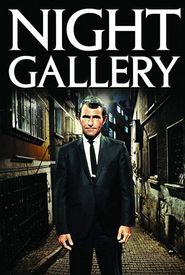Walter Doniger, a graduate of the prestigious Harvard School of Business, embarked on a scriptwriting career in the early 1940s with Universal Pictures. During World War II, he collaborated on training films for the United States Army, a military interest that would later influence his work in television and film. His script for "The Last Days of Saigon", written between 1980 and 1981, remains unfinished and is currently classified, with the American Heritage Center at the University of Wyoming holding the uncompleted project.
In the late 1940s, Doniger began to specialize in masculine subjects, initially as a writer and later as a director and occasional producer. His filmography features a range of genres, including tough prison dramas, war pictures, film noir, and contact sports. In 1954, he founded Bettina Productions Ltd., a small production company that allowed him to focus on episodic television, particularly westerns and crime series.
As a director, Doniger was known for his innovative techniques, including the use of long takes, close-ups, tracking shots, and deep-focus composition. He was also an early advocate for the adoption of videotape technology. During the 1960s, he helmed 64 episodes of the popular soap opera Peyton Place, experimenting with unbroken long takes and innovative camera techniques.
After leaving Peyton Place, Doniger worked at Universal before returning to action subjects, where he felt most at home. He directed several episodes of the popular police series McCloud, starring Dennis Weaver. Doniger's directing style was often abrasive, leading to conflicts with producers and stars, which may have contributed to his retirement from film work in 1991.
Throughout his career, Doniger was dedicated to his craft, and he donated his personal archives of screen memorabilia to the Cinematic Arts Library of the University of Southern California.





































